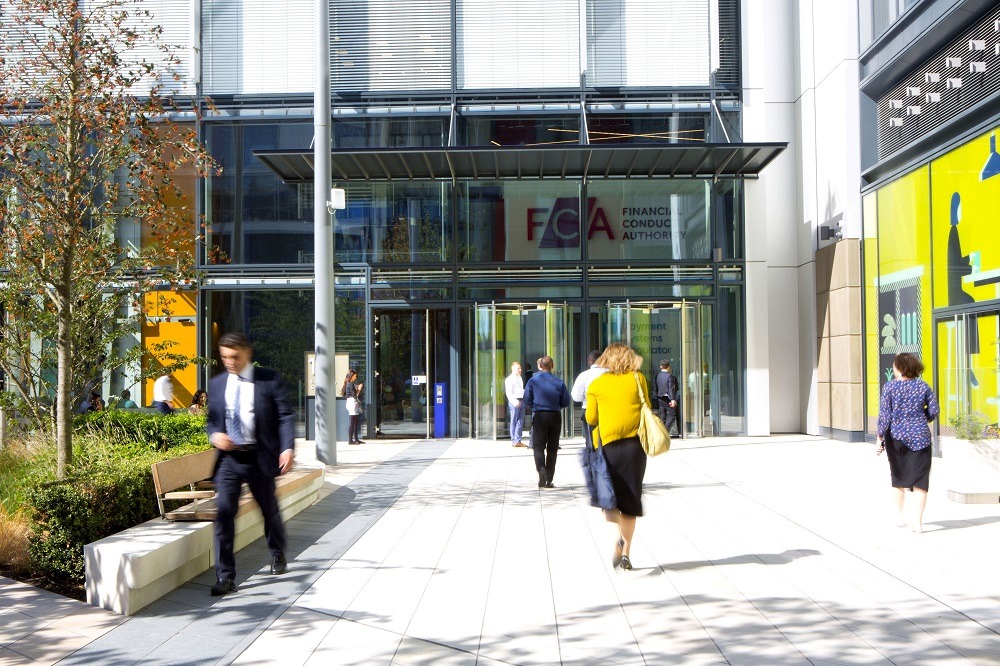
UK overdrafts are set for their “biggest overhaul in a generation” under reforms announced today by the Financial Conduct Authority (FCA).
The financial regulator says the new measures will make overdrafts simpler, fairer, and easier to manage for the millions of UK consumers who use them.
The overdraft industry is worth billions of pounds to banks each year – with UK lenders pocketing more than £2.4bn from fees in 2017, 30% of which came from unarranged overdrafts.
FCA chief executive Andrew Bailey said: “The overdraft market is dysfunctional, causing significant consumer harm.
“Vulnerable consumers are disproportionately hit by excessive charges for unarranged overdrafts, which are often ten times as high as fees for payday loans.
“Consumers cannot meaningfully compare or work out the cost of borrowing as a result of complex and opaque charges that are both a result and driver of poor competition.”

New measures introduced by the FCA to improve overdrafts for customers
A range of measures will be implemented by the FCA, including preventing banks from charging higher fees for unarranged overdrafts than for arranged ones, and banning fixed fees for borrowing through an overdraft.
Banks and building societies will also be required to simplify their fee structures and advertise costs to customers more clearly.
There will also be greater pressure put on financial institutions to identify and protect vulnerable customers, as well as to ensure refused payment fees more closely correspond to the costs of refusing payments.
Mr Bailey added: “Our radical package of remedies will make overdrafts fairer, simpler and easier to manage. We are simplifying and standardising the way banks charge for overdrafts.
“Following our changes we expect the typical cost of borrowing £100 through an unarranged overdraft to drop from £5 a day to less than 20 pence a day.

“The decisive action we are taking today will give greater protections to millions of people who use an overdraft, particularly the most vulnerable.”
The reforms will be phased in between now and next April, with the guidance on refused payment fees taking effect immediately.
Banking industry will have to adapt to FCA overdrafts revamp
The overhaul of the overdraft system in the UK will have far-reaching consequences for the financial services industry, as banks take measures to re-adjust to the new rulebook and reassess the reliability of the revenue they have become used to collecting from such charges.
Personal finance managing director at UK Finance, Eric Leenders, said: “The banking industry is committed to helping customers manage their money and we will be working closely with the FCA to implement these rules.
“The industry is working on a voluntary agreement to make the cost of overdraft borrowing easier to understand for consumers, which will be implemented in April 2020.
“This will build on the range of measures already introduced by the industry, such as text alerts which have been shown to reduce overdraft charges by 25%.
“Overdrafts can provide a convenient way for customers to smooth their short-term cashflow, and there is a highly competitive market in the UK with more than 96 products on offer.

“We would always urge customers to speak to their bank and arrange an overdraft in advance to ensure payments are honoured.”
Consumers set to benefit from FCA overdrafts reform, but more can be done
A key aim of the FCA’s decision to overhaul the UK overdraft market is to better protect consumers from running into financial difficulties as a result of high bank fees.
But campaign group Positive Money believes more needs to be done to deliver the protections needed to prevent people falling foul of bank charges.
Positive Money’s executive director Fran Boait said: “In an economy kept afloat by consumers taking on record levels of debt, banks have profited from households struggling to make ends meet with extortionate overdraft fees.
“We welcome the measures announced today to make overdrafts fairer and simpler, but ultimately the government must consider capping the amount of interest customers can be charged.
“The payday loan cap has been remarkably successful in tackling this problem and should be extended to all forms of credit.”






